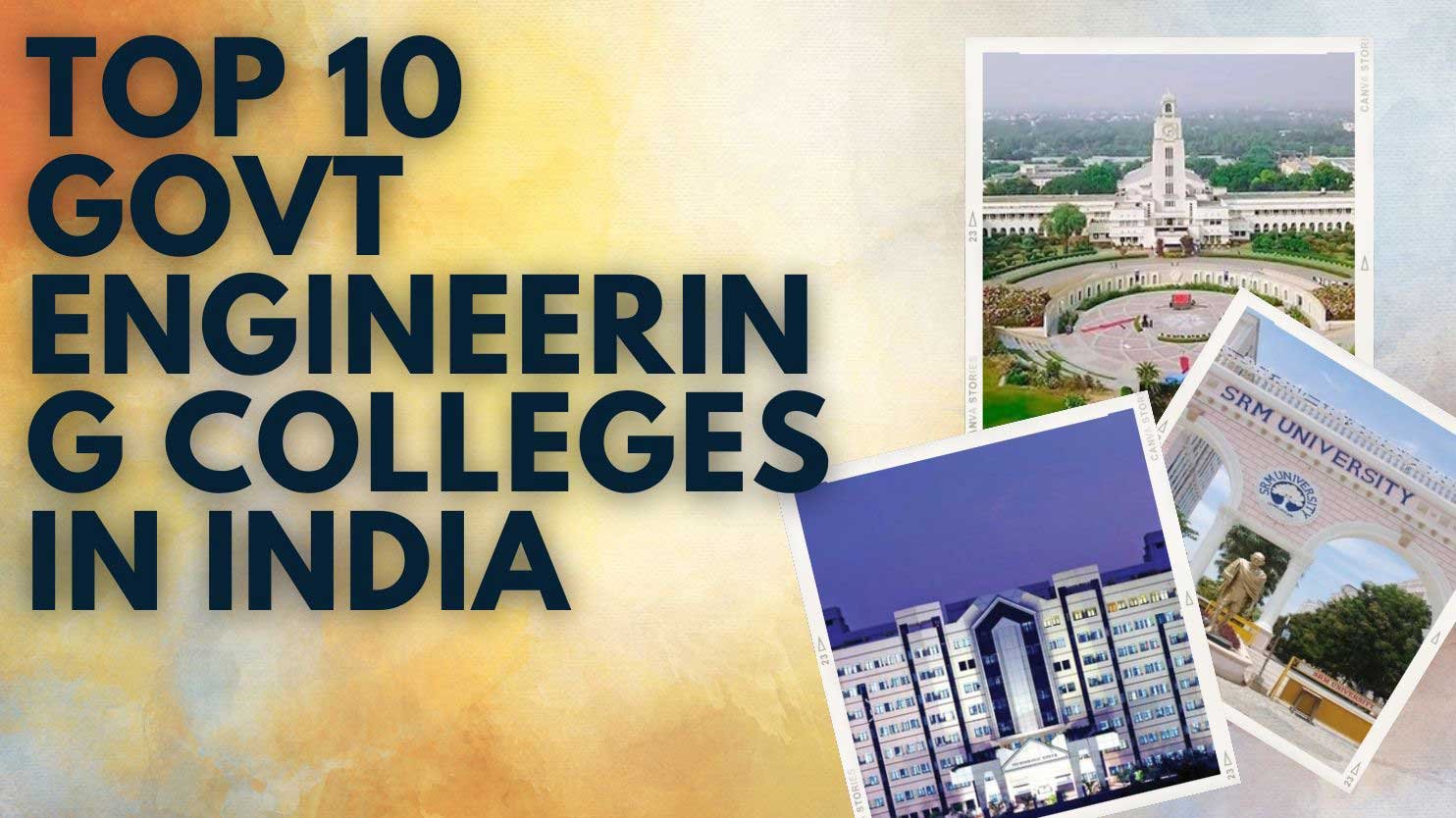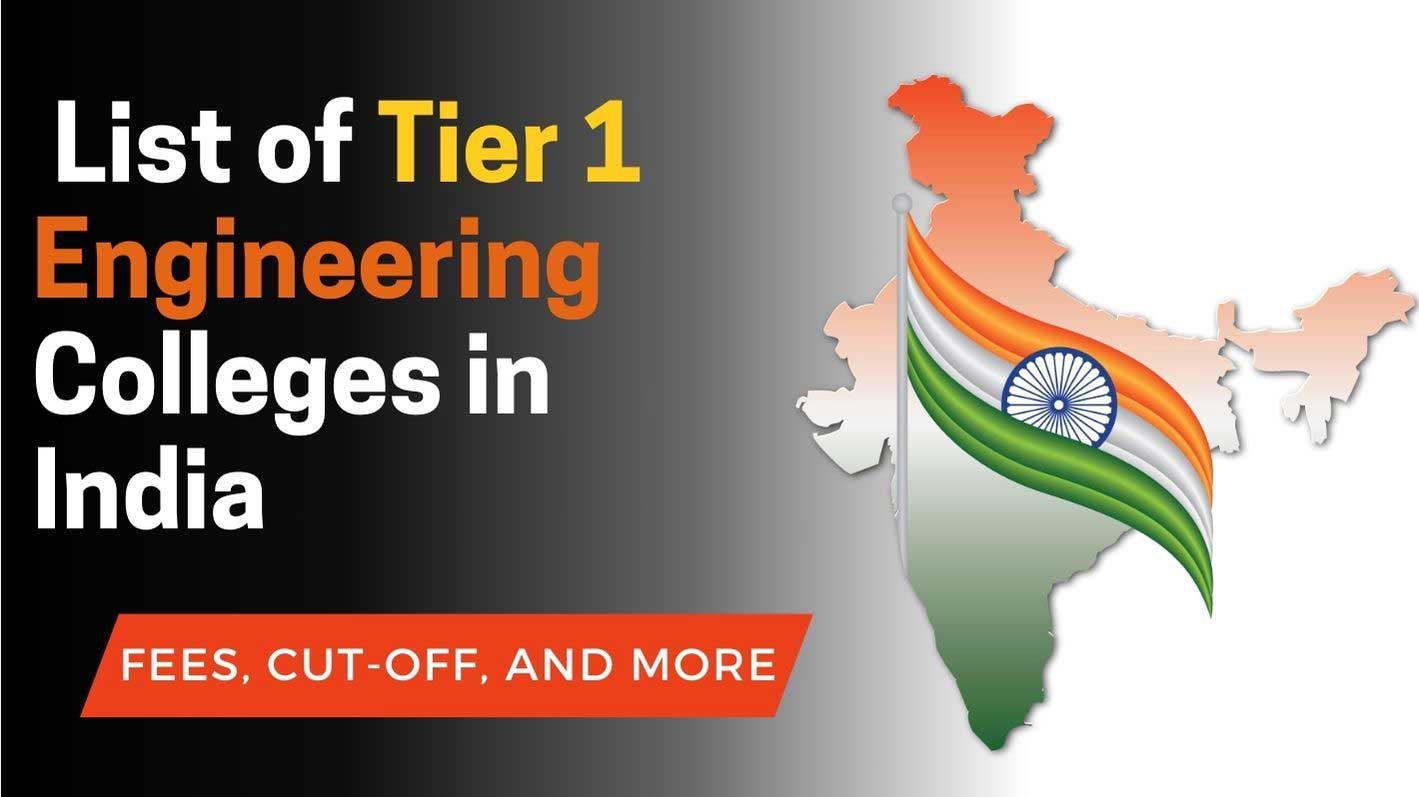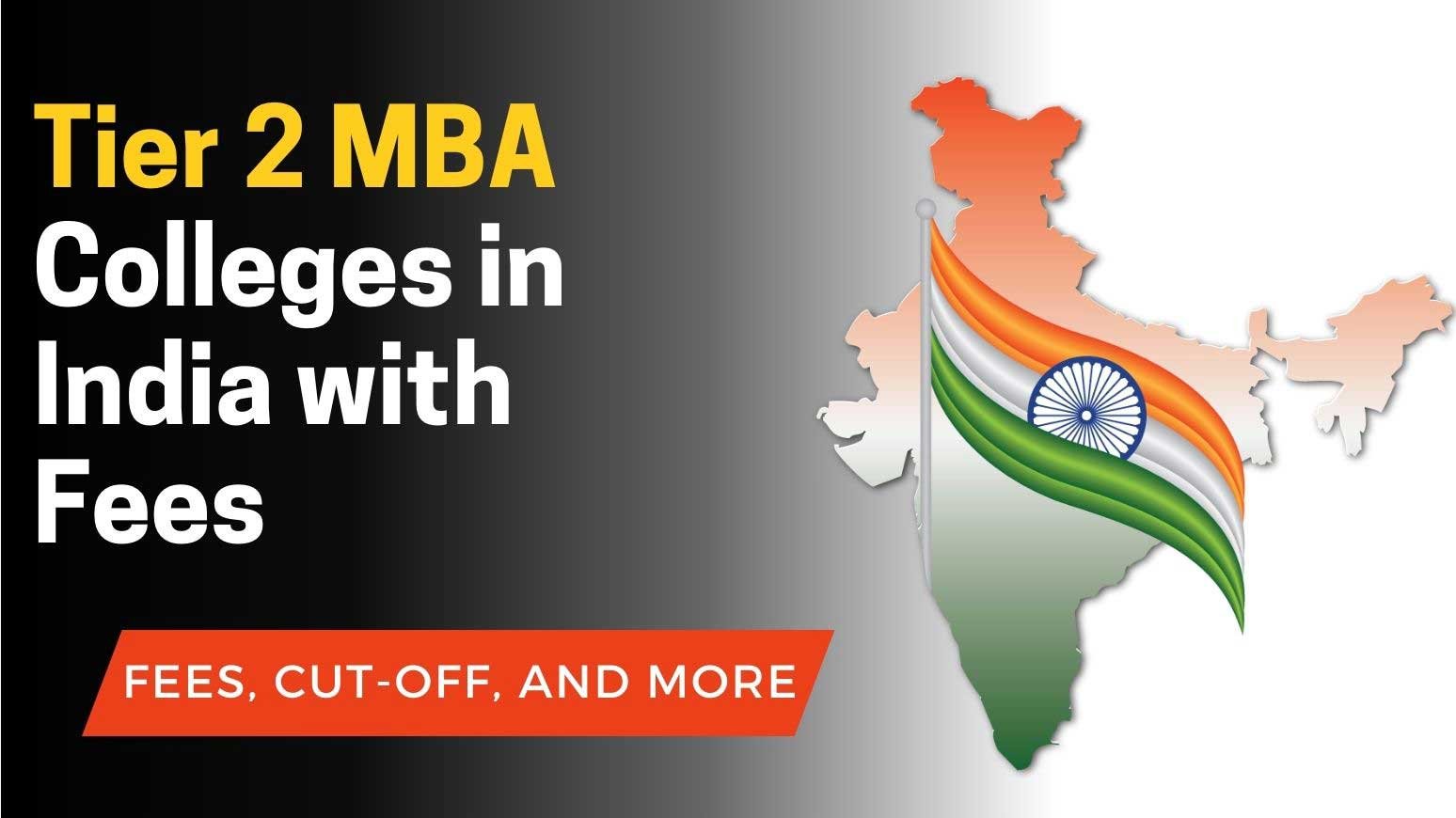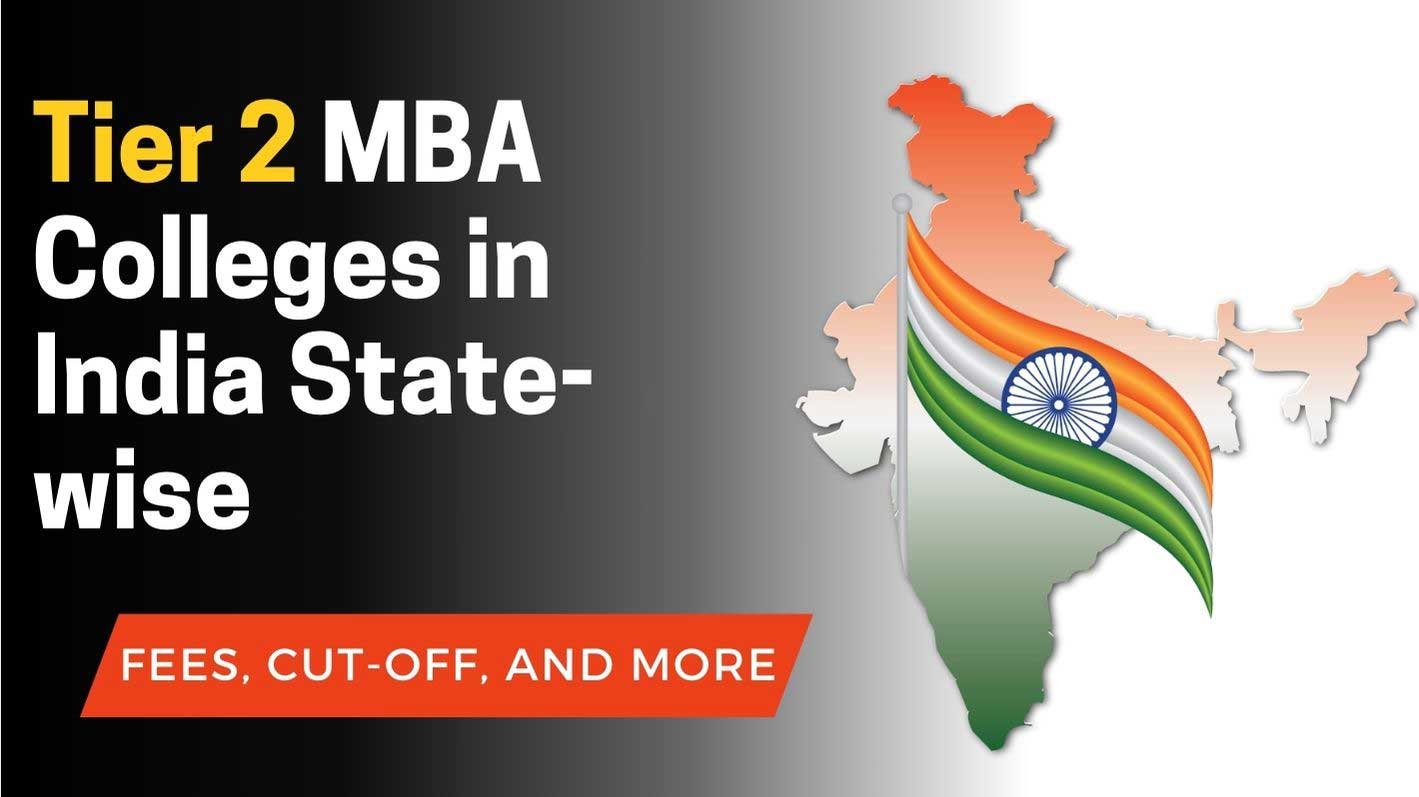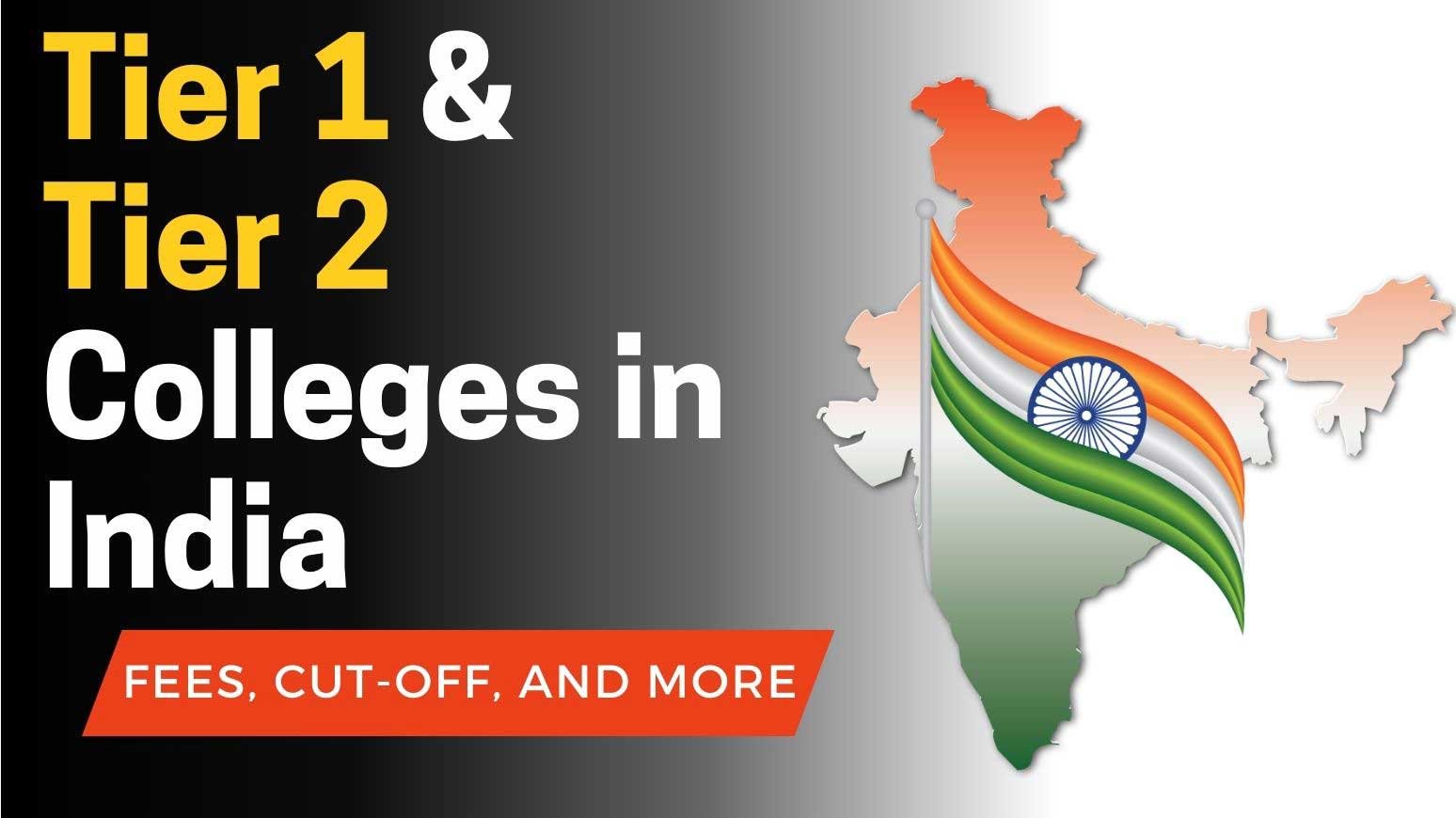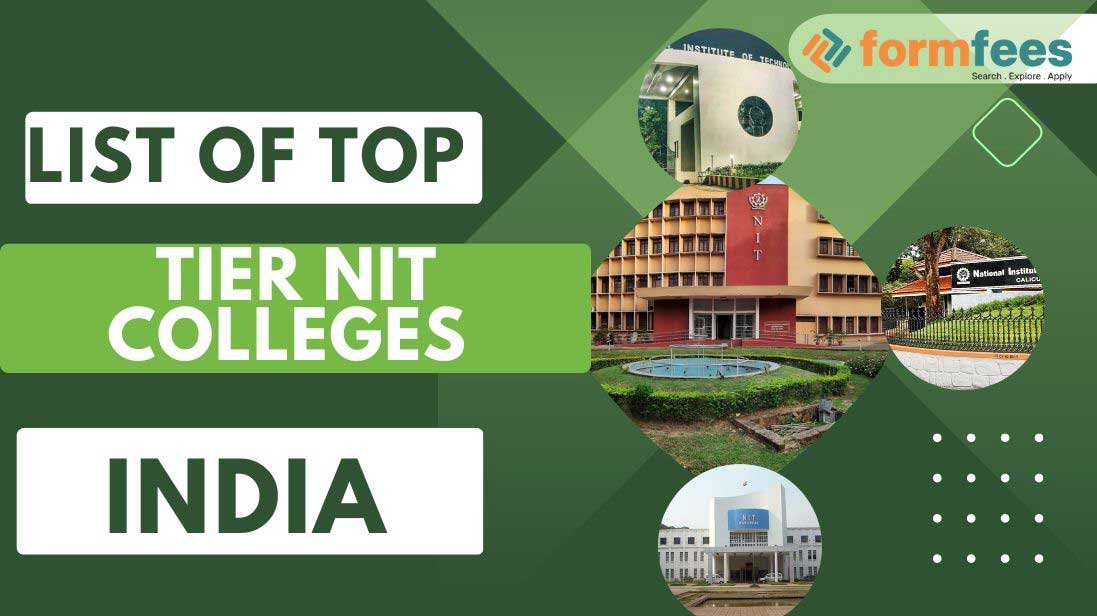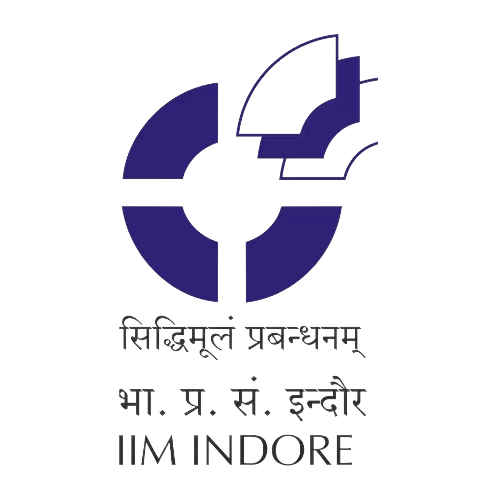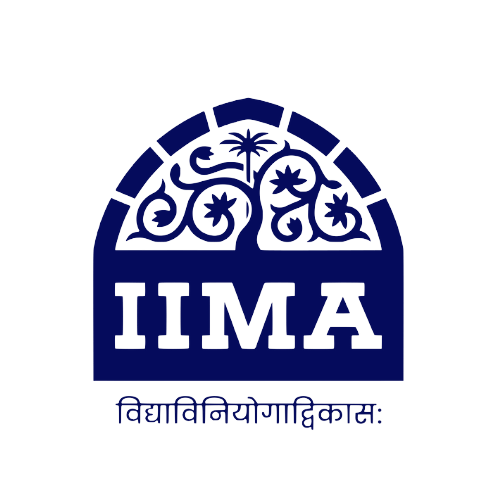Table of Contents
How to get an OBC NCL certificate? Formfees through this article will help you understand about the OBC NCL certificate that will also include how you can apply for it, and what are the eligibility requirements, and other relevant information.
As we know that An OBC NCL certificate mainly empowers the oppressed groups in India, our country has a history and traditions where there are people of various statuses, our Country has different castes and religious groups that coexist peacefully.
And in result, our country’s social fabric is kind of different from the rest of the world. In India there are states of the nation that still have class distinctions and segregation.
Another Backward Class Certificate also known as the Non-Creamy Layer Certificate, was introduced by the former Prime Minister of India Mr. V.P.Singh in 1993. With the implementation of this certificate, a part of jobs was allocated in Central Government and Public Sectors for people holding this certificate. Students holding Non-Creamy Layer Certificates also enjoy certain allocations in top educational institutions like IIT and IIM. The Tahsildar of the concerned State Government issues the Non-Creamy Layer Certificate. Hence, there is a state-to-state difference in obtaining the Non-Creamy Layer Certificate.
And to deal with it the government offers a preferential program to those who come from oppressed groups. One such program is the OBC Non-Creamy Layer Certificate, also known as the OBC NCL certificate, that helps and enables individuals who fall into the OBC category to access various additional benefits.
This post will cover all there is to know about the OBC Non-Creamy Layer Certificate
- How to apply for OBC Non-Creamy Layer Certificate
- OBC Non-Creamy Layer Certificate eligibility requirements, and other relevant information.
Application process for OBC NCL certificate
The applicant for an OBC NCL certificate can complete the application form either offline or online while applying for the certificate.
Eligibility Criteria
- Besides being a citizen of India, the applicant should belong to the OBC category issued by the central government.
- The applicant’s parents or any one of the parents must be working under Group C and D of the Central Government.
- If the individual works under Group B of the Central Government and if their parents do not have a steady source of income, then they may apply.
- Anyone with an income above 8 lakh falls under the Creamy Layer. But earning less than 8 lakh per year makes you come under the Non-Creamy Layer.
- If the husband is a Central Government employee, his wife is eligible. It is to be noted that the wife’s parents must not have a steady source of income source.
Non-Eligibility for applying for the certificate.
- Applicants belonging to castes do not fall under the Central Government’s list of OBC categories.
- Individuals who are a part of IPS, IAS, IFS designations cannot apply.
- If parents work under Group B or C of Central or Group 1 of the State Government, the children may not be eligible.
- If parents’ annual income exceeds eight lakhs. But the income from farming is not considered while calculating annual income.
The first step is to apply for the OBC Certificate.
- Buy an Rs. 20 Stamp Paper
- Procure an affidavit from the Notary Advocate
- Attach the required documents signed by either the parent or guardian
- Submit to the VAO
- Consequently, from VAO, it is passed on to the RI and finally to the Tahsildar
Offline Application
- Visit any nearby Tehsil office, SDM office, or Revenue office to collect the required application form.
- File an application for a caste certificate.
- Specify migration from the home state in case of shifting.
- Obtain a blood relative’s caste certificate if the father is deceased.
- Sign the self-attestation part.
- Affix a passport-size photograph and submit it for verification.
- As a result, wait for 30 to 35 days and subsequently, you will get the Caste Certificate.
Online Application
- Visit the state’s social welfare portal.
- Click on “apply for caste certificate”.
- Create an account and fill out the online application.
- Submit the required data with proof.
- After submitting, you will receive an application number which you can use to track the progress of the application.
- Finally, after the verification, download the caste certificate from the portal
- After obtaining the caste certificate it is important to apply for the Non-Creamy-Layer certificate.
OBC Non creamy layer consists of individuals who earn over eight lakhs per annum though they belong to a backward class. A family is in the creamy layer if each member of the family contributes to a total amount of above eight lakhs. They come under the General category and hence will receive fewer benefits. However, they will receive fewer economic benefits. But benefited from government jobs and competitive examinations
As each State government has its own application for the issue of the certificate the individual has to check the respective state government website for the application and if the applicant has shifted from one state to another, they have to mention the same in their application.
Frequently Asked Questions about OBC Non-Creamy Layer Certificate Application Process
Q. How much time does it take to issue OBC NCL certificate?
Ans. For this, you need to issue a three-year Income Certificate. Later, attaching Income certificate along with other documents you must apply for a Creamy layer certificate. Within 15 days you will get your OBC noncreamy layer certificate.
Q. What are the rules for OBC non creamy layer?
Ans. To qualify as an OBC non-creamy layer candidate, the applicant's parents' annual income should be less than Rs. 8 lakhs. Salary and agricultural income are not to be considered as income for calculating annual income for creamy layer status
Q. What will happen if we don’t have non creamy layer certificate?
Ans. Hello, if you don't have a non creamy layer certificate for OBC then you can't apply for this. Because it's coming under if your family income is less than 8 lakh per annum and no agriculture and land available then you are under this category
Q. Is OBC certificate enough for non-creamy layer?
Ans. Despite Non-Creamy Layer Certificate being issued by the Tamil Nadu State government, it is mandatory to have OBC certificate to apply for Central Government jobs. Non-Creamy Layer Certificate is valid only for one year from the date of receiving the certificate.
Q. What is crucial date of OBC certificate?
Ans. OBC certificate should be issued on or after 01.04. 2019 with a suitable mention about creamy layer / Non – Creamy layer status. (OBC candidates with certificates having the "Non-Creamy Layer Clause" only will be eligible for reservation as per Government of India guidelines).
Q. Who is eligible for NCL?
Ans. The applicant is eligible if he/she belongs to the recognized community, i.e., must belong to the OBC category. The annual income of the applicant's family or the annual income of the applicant's parents should not exceed Rs. 8 Lakhs, including the income from other sources (Land, property, business).
Q. What is the difference between OBC creamy and non-creamy?
Ans. Creamy Layer OBC is that category of OBC wherein the members are wealthier/better off and overall, more privileged than the other members belonging to OBC. Non-creamy layer OBC is the other category of OBC which is not as socially/economically advanced as the Creamy Layer OBC.
Q. Is an OBC certificate required for UPSC Prelims?
Ans. Example: In case a candidate applying for the Civil Services Examination and the closing date of application for the Preliminary Examination is 31.03. 2021, the candidate should be in possession of the requisite OBC certificate in the prescribed format in support of his/her claim for availing reservation, dated on/before 30.03.


